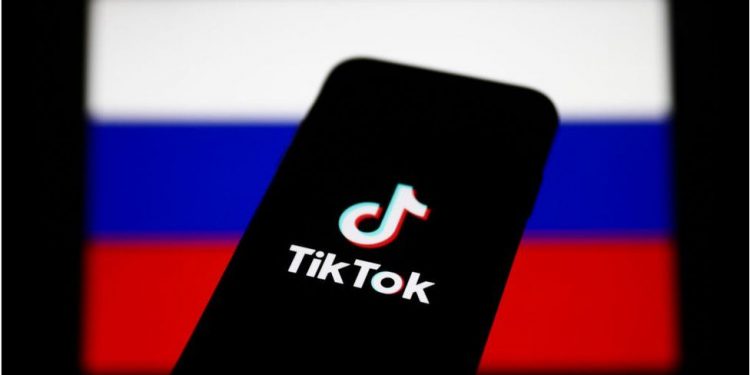ByteDance, the Chinese parent company of the wildly popular video-sharing app TikTok, has firmly stated that it has no plans to sell the business, despite mounting pressure from the United States government. This declaration comes in response to a recent law passed in the US that aims to force ByteDance to divest its ownership of TikTok or face a ban in America.
In a statement posted on its official account on Toutiao, a social media platform owned by ByteDance, the company unequivocally stated its position: “ByteDance doesn’t have any plans to sell TikTok.” Despite media reports suggesting otherwise, ByteDance maintains its stance against selling TikTok, even as the US government intensifies its efforts to compel divestment.
TikTok itself has yet to issue a response to inquiries from the BBC regarding the matter. However, earlier this week, the video app announced its intention to challenge the “unconstitutional” law in court, signaling its commitment to defending its operations in the face of regulatory pressure.
The debate over TikTok’s ownership has intensified amid concerns about Beijing’s influence over private companies and data security. ByteDance has repeatedly denied allegations of Chinese government control, asserting its independence as a global entity. The company’s ownership structure reflects a diverse shareholder base, with Chinese founders holding a minority stake and a significant portion owned by institutional investors, including major US firms.
While the Chinese government has dismissed concerns about ByteDance’s ties to the Chinese Communist Party, tensions between China and the US continue to fuel scrutiny of TikTok’s operations. The new US law grants ByteDance a nine-month window to sell TikTok, with an additional three-month grace period before a potential ban can be enforced, setting a deadline likely to fall in 2025.
As ByteDance and TikTok navigate regulatory challenges on both sides of the Pacific, the future of the popular video app remains uncertain. With geopolitical tensions shaping the landscape of technology and data governance, the fate of TikTok serves as a focal point in the broader debate over digital sovereignty and national security in the digital age.















